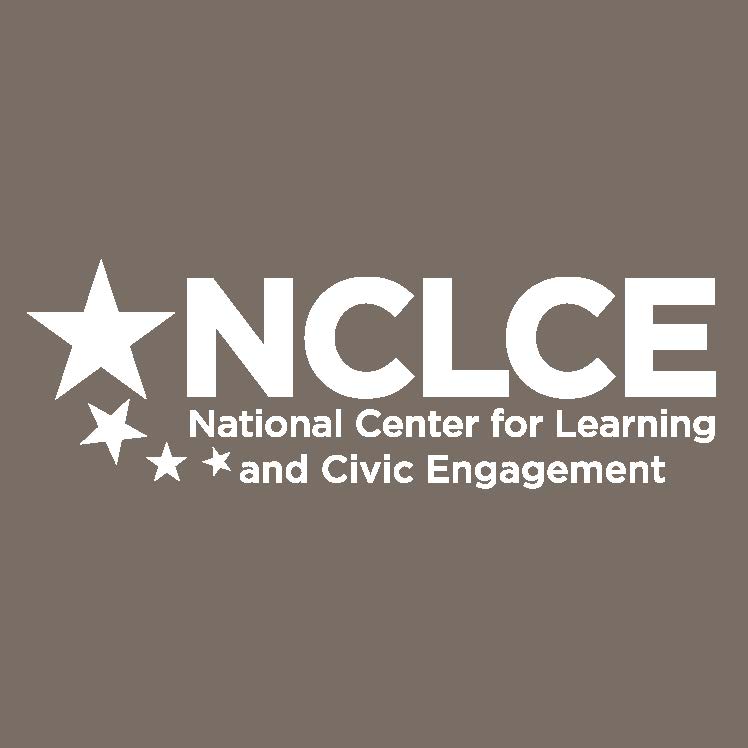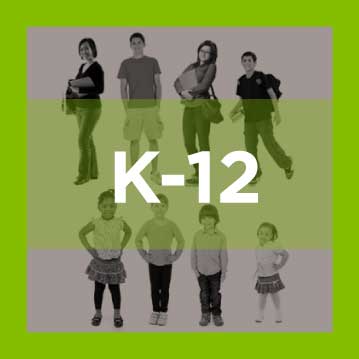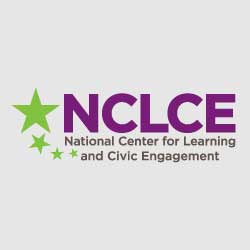I had the chance this week to connect with Paul Bonnici at the North Carolina Civic Education Consortium and wanted to share this exemplary model that extends university civic education resources to impact K-12 schools and youth. The Civic Education Consortium was founded in 1997 to unite partners in education, nonprofits, government, business and community to help young people become active and responsible citizens. The Consortium, under University North Carolina at Chapel Hills’ Humanities and Human Values program, provides support for K-12 teachers and out-of-school-time programs through a civics education database and professional development workshops.
The central asset benefiting K-12 teachers is the Database of K-12 Resources that includes lesson plans for civics and North Carolina, U.S. and world history aligned to NC Essential Standards. Also included are civics and service-learning activities for use in both the classroom and out-of-school-time and extracurricular programs. The site offers hundreds of lesson plans, developed by Bonnici and other university staff, which engage students by employing interactive and higher-order thinking strategies. Civics and service-learning activities are searchable by grade level and topic.
The Civic Education Consortium recognizes that it is not always enough simply to provide lesson plans, so quality teacher professional development workshops that provide interactive civics pedagogical training are also offered at various locations throughout the state. Examples of upcoming workshops include Beyond the Battlefield: Exploring the Role of Fear & Prejudice During World War II and Beyond and Talkin’ Tar Heel: Exploring the History and Diversity of North Carolina.
A third component of the Consortium’s work includes bringing local government seminars out to North Carolina communities. Teachers can attend a workshop in Greensboro July 28 and 29 to learn firsthand the role of local government and explore strategies for teaching local civics to students. The seminar includes the opportunity to meet elected and appointed officials and go “behind the scenes” in county and city departments. Renewal credits are offered to teachers and to remove barriers to participation, support with accommodations and meals is available.
The efforts of the North Carolina Civic Education Consortium and University North Carolina at Chapel Hills’ Humanities and Human Values Program mean rich resources and support for K-12 teachers and enhanced opportunities for students to gain and apply civics understanding. The ultimate result is better informed, more engaged and effective participation in North Carolina civic life. Click here for more information or to contact the Civic Education Consortium.
Jan Brennan is a project specialist for the National Center for Learning and Engagement at the Education Commission of the States. Contact her at jbrennan@ecs.org or 303.299.3661.






